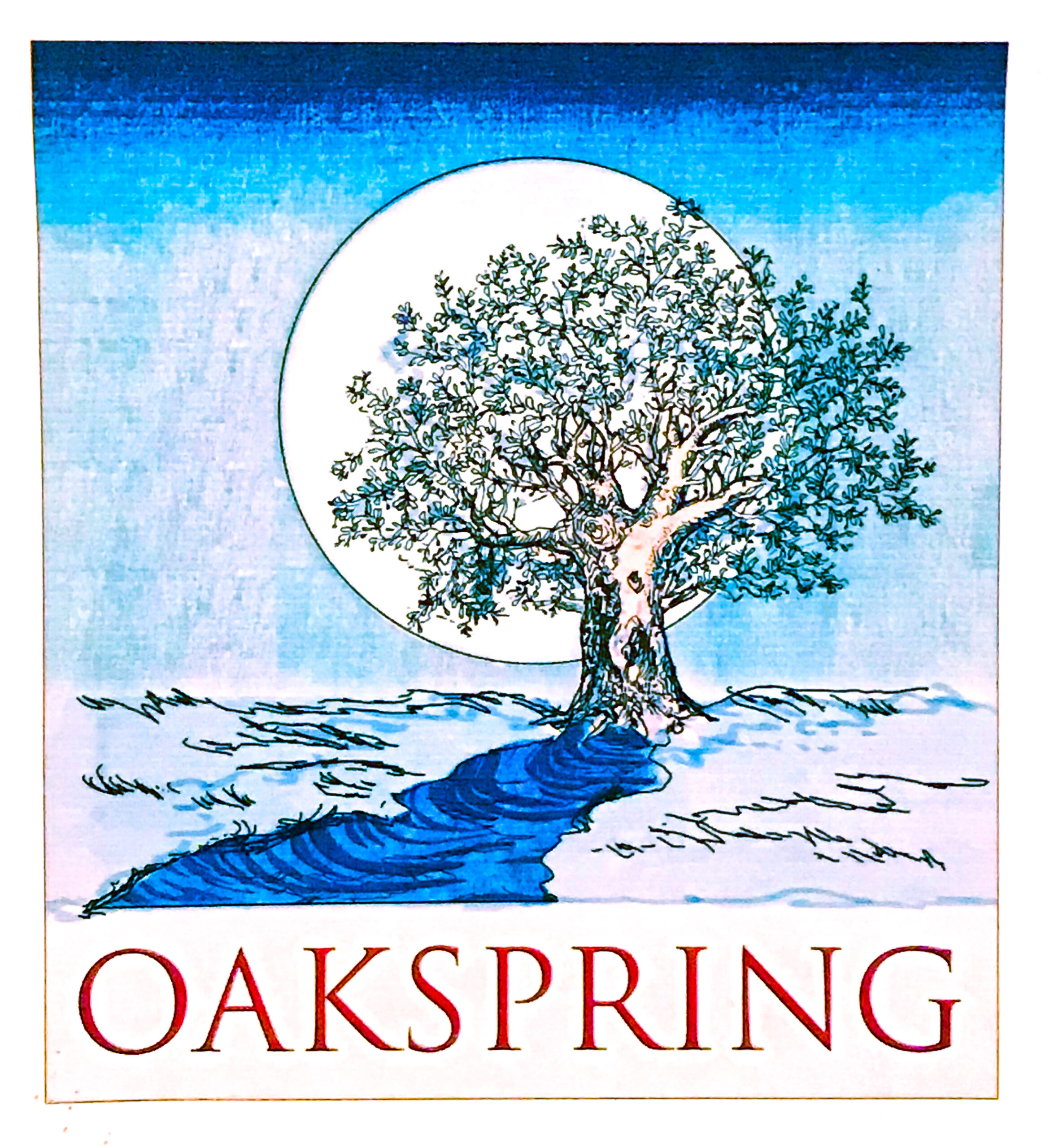
House of OakSpring
What is A Wiccan?
Wiccan (sometimes called a “Witch”) is a follower of the religion of Wicca, an initiatory mystery religion that reveres both the feminine and masculine aspects of the Divine Life Force and believes that man is not separated from the divine, but part of its creation and, therefore, part of it.
Wiccans believe that deity is comprised of the masculine (the “God” or “Lord”) and the feminine (the “Goddess” or “Lady”). The God represents the active, transformative force in the universe. The Goddess represents the nurturing, life-giving force. Wiccans believe that both forces are necessary for creation and therefore value equally both the masculine and feminine in the divine and within their groups, which typically are lead by both a High Priest and a High Priestess.
Wiccans have no written Bible or analogous sacred texts, nor do Wiccans believe that man may commune with the divine only through the intercessory aid of a priest or other minister. Wiccans believe that they have the capacity to commune directly with the God and Goddess on a personal nature, and that no man holds authority to bar this communion.
Wiccans believe in reincarnation and hold that each person passes through many lives on the path to enlightenment and eventual union with the Divine Life Force. Upon death, the departed soul travels to the “Summerlands,” where it awaits reincarnation and another life. Wiccans do not fear death because they believe it is not the end, but merely another path upon which we all must journey.
Wiccans follow a principal of ethics called the “Wiccan Rede” that says: “An ye harm none, do what ye will.” Wiccans also believe that their actions, whether good or bad, will return upon them three-fold. Wiccans believe they are responsible for their own actions and do not blame others or a “devil” for bad or evil choices. Wiccans do not believe in Satan (which is a Christian construct) and, therefore, do not worship him. According to their doctrines, Wiccans abhor hurtful or malicious activity and strive to live lives of balance and virtue.
Wiccans may practice alone as “solitaries,” but more traditionally are formally initiated into an established group or “coven.” Most Wiccan groups require a minimum of one year of study prior to granting initiation. Most Wiccan groups have a three-tiered degree system for initiates, with the third degree initiation required before holding the office of High Priest or Priestess.
Wiccans observe eight yearly festivals or “Sabbats” that comprise the “Wheel of the Year.” These festivals are called Samhain (10/31), Yule (12/21), Imbolc (2/2), Ostara (3/21), Beltane (5/1), Litha (6/21), Lughnasadh (8/1), and Mabon (9/21). At these festivals, Wiccans perform rituals that commemorate the turning of the seasons and the universal cycle of life, death, and rebirth– on both the material and spiritual planes. Wiccans also celebrate the 13 yearly full moons as times ripe for personal and material change and growth. Some Wiccans practice their rituals nude (or “skyclad”). However, most Wiccans today practice fully clothed, often preferring a simple black robe tied with a rope belt (or “cingulum”), the color of which signifies the initiatory degree of the wearer.
¨During their rituals, Wiccans may perform a type of “magic” in which mental and spiritual energy is directed toward achieving a specific spiritual or worldly goal. By this practice, Wiccans seek to transcend material and mental barriers, and to use divine power and force for purposes of good, in accordance with Cosmic Law. The Wiccan ethical tradition forbids using magic, or attempting to use magic, to harm, manipulate, change, or control other people or their life situations.
Wiccans revere the four Elements of Air, Fire, Water, and Earth, which represent the creative energies of the Universe. Wiccans believe that all of creation is comprised, to various degrees, of these Elements and Wiccans strive to lead lives in harmony and balance with these Elemental forces.
Wicca’s most sacred symbol is the five-pointed star (also called the “pentagram” or “pentacle”), which represents the Elements of Air, Fire, Water, and Earth, unified under Spirit. The pentagram has been a sacred symbol since pre-Christian times. Unfortunately, some recently have co-opted this sacred symbol and, turned upside down, have sought to use it for profane purposes. Wiccans abhor this practice just as Christians abhor the inverted cross or those who seek to mock the Catholic mass for sacrilegious purposes.
Wicca is a legally recognized religion in the United States . Wicca is not a cult, and does not proselytize or recruit members. Wiccans do not look down upon or disparage other religions because Wiccans believe that all people must choose the path that is right for them in this lifetime.
Wiccans do not believe in sacrificing or harming humans or animals. Wiccans do not conduct sex orgies or condone the taking of illegal drugs. Wiccans do not cast evil spells or seek to manipulate others. Like all religious people, Wiccans simply seek to know and give thanks to the divine force that, though its unending love, created the world and its myriad beauty.
To Learn More:
Witchcraft Today by Gerald Gardner
The Rebirth of Witchcraft by Doreen Valiente
The Witches’ Bible by Janet & Stewart Farrar
Life and Times of a Modern Witch by Janet & Stewart Farrar
The Truth About Witchcraft Today by Scott Cunningham
Drawing Down the Moon by Margot Adler
Triumph of the Moon by Ronald Hutton
Blessed Be!
by Lord Albion
© 2007 House of OakSpring
Contact
P.O. Box 223
Avondale Estates, GA 30002